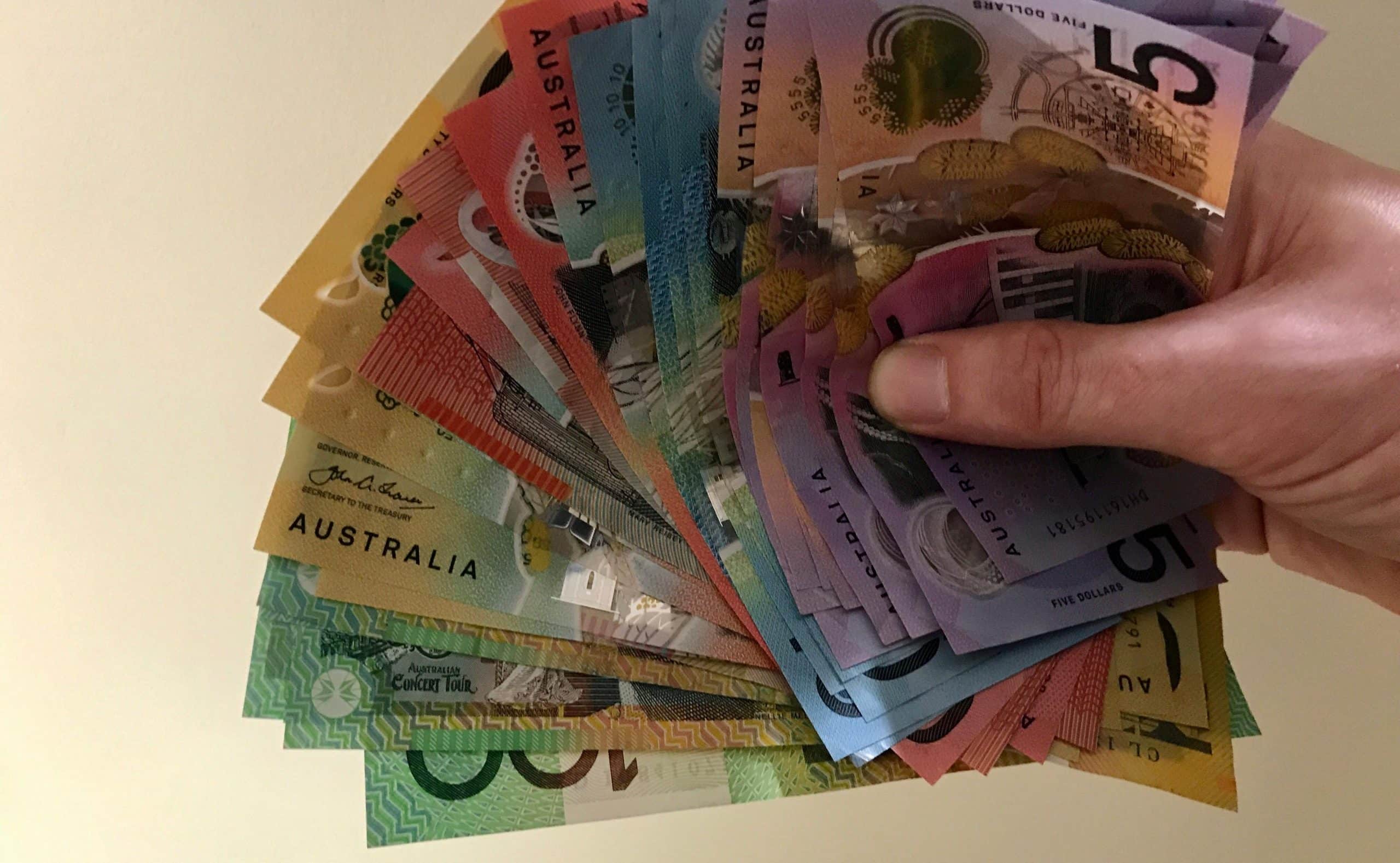
Interest rates are like the heartbeat of money matters, deciding how much it costs to borrow and shaping the economy. When it comes to real estate, understanding how interest rates and property investments interact is important. Let’s break down this connection and see what it means for those investing in Australian real estate.
Understanding Interest Rates in Australia
The Reserve Bank of Australia (RBA) is responsible for formulating interest rates. It sets the tone for how much it costs to borrow money across the country. This is important because it affects many areas, including real estate. As interest rates go up and down due to different economic factors, investors have to navigate through uncertain times, often seeking advice from experts.
How Interest Rates Impact Real Estate Investments
The link between interest rates and real estate investments is strong. It affects everything about owning and managing property. For example, when interest rates rise, the monthly payments for investors also go up. This makes it harder to make a profit and manage money. But when interest rates drop, it can breathe new life into the market. It encourages more people to buy property because borrowing money is cheaper.
Property values can fluctuate when it comes to interest rates. High rates can slow down the housing market because fewer people can afford to get loans. This might even make property values drop. But when rates are low, there’s usually a rush of people wanting to buy, which can drive property prices up.
Rental prices also change with interest rates. When rates are high, investors might increase rent to cover their higher mortgage costs. But if rents go up too much, it might scare away potential tenants.
How to Handle Risks and Opportunities
Dealing with the ups and downs of interest rates isn’t easy for investors. They have to come up with strategies to protect their investments and make the most of any good opportunity that arises. This might mean refinancing to get better interest rates, spreading investments across different types of properties and areas, or thinking carefully about whether to choose fixed-rate or variable-rate mortgages.
Government rules and economic signs play a big part in all of this. They affect how interest rates move and what happens in the real estate market. Things like inflation, how many people are working, and what’s happening in the world economy all come together to shape what the RBA and governments decide to do.
Looking Ahead
To be successful in the long run, investors need to be smart and ready for change. They should do their research, be tough when things get tough, and be open to doing things differently when the economy shifts.
Doing research and being careful about decisions are key. By spreading out their investments, keeping an eye on new trends, and staying alert to changes in the market, investors can set themselves up for success in Australia’s real estate world.
When it comes to property investment, interest rates definitely matter, but with the right knowledge and flexibility, investors can handle whatever comes their way. By understanding the impact of interest rates on investment property and implementing sound investment strategies, investors can position themselves to thrive in changing market conditions.
By Lynda McNeill



